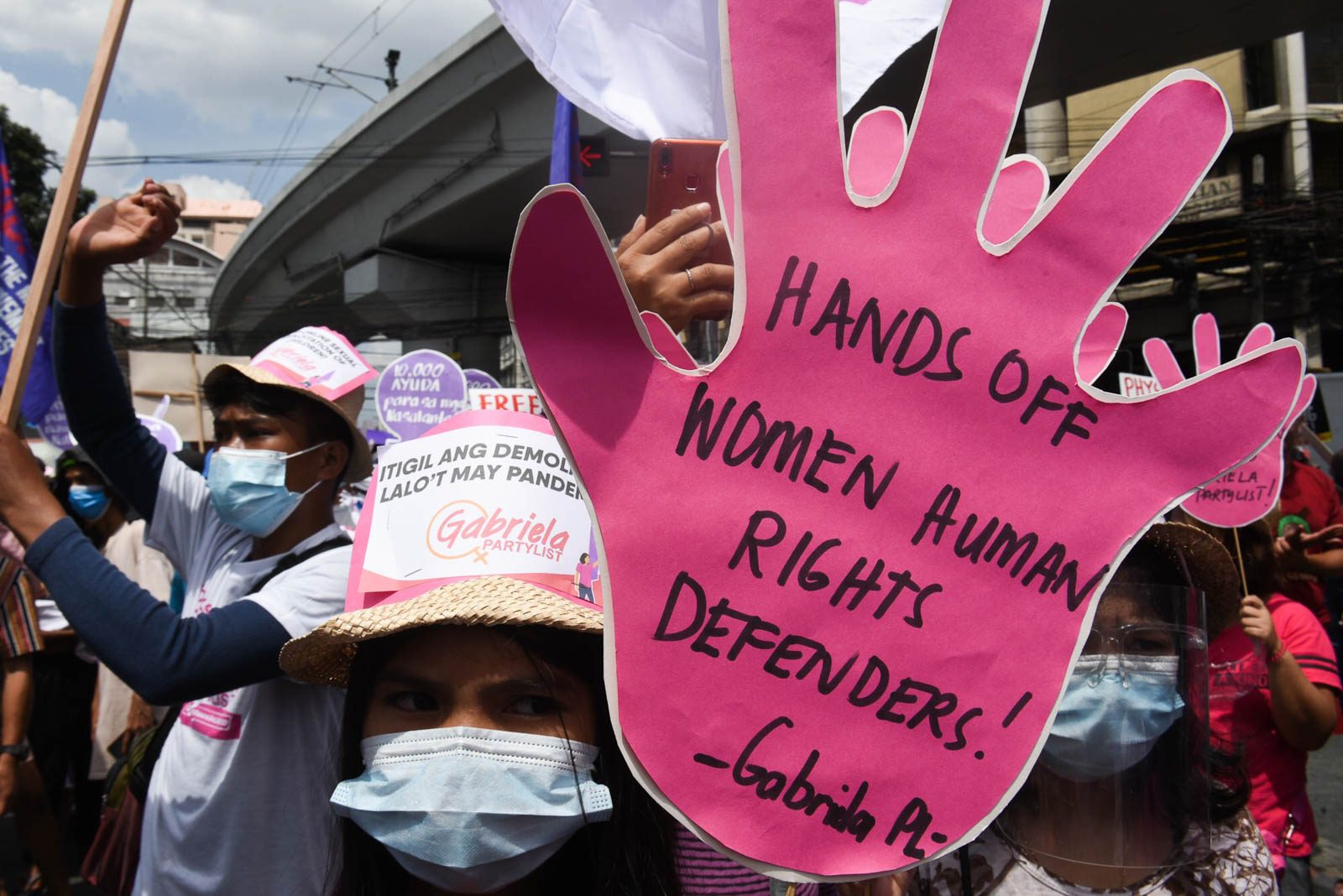SUMMARY
This is AI generated summarization, which may have errors. For context, always refer to the full article.

Amid the growing clamor against the so-called “factory of warrants” in Manila and Quezon City courts, activists scored another win after a judge in Bacolod voided a search warrant that led to the arrest of their colleague in 2019.
Bacolod City Regional Trial Court (RTC) Branch 42 Presiding Judge Ana Celeste Bernad voided the search warrant issued by Quezon City Executive Judge Cecilyn Burgos-Villavert that led to the arrest of John Milton Lozande, secretary general of the National Federation of Sugar Workers (NFSW), in October 2019.
“The search warrant is hereby quashed for non-conformity with established constitutional rules and the evidence,” Bernad said in a resolution issued on February 18, but released to lawyers only on Tuesday, March 9.
The National Union of Peoples’ Lawyers (NUPL) Panay chapter said a similar resolution has been issued to void the search warrants that led to the arrests of 4 other activists – Karina Mae de la Cerna, Cherryl Catalogo, Proseso Quiatchon, Albert de la Cerna, and Noli Rosales.
In the Lozande case, Bernad ordered an inspection of the property and determined that Villavert’s search warrant was not particular enough, infringing on the constitutional requirements that such warrants must be very specific.
The address on Villavert’s search warrant for the Lozande case is made up of 3 structures inside the compound. Because the warrant was too general, Bernad said it gave “the raiding team unbridled and thus illegal authority to search all the structures found inside the above-stated address.”
“There was therefore in this case an infringement of the constitutional requirement that a search warrant particularly describe the place to be searched; and that infringement necessarily brought into operation the concomitant provision that the Constitution guarantees the right of the people to be secure in their persons, houses, papers, and effects against unreasonable searches,” said Bernad.
Bernad ruled that all items seized from that search are deemed inadmissible evidence.
One of the handling lawyers for this case is Angelo Karlo “AK” Guillen, who is still recuperating in the hospital after he was stabbed in the head on March 3. NUPL president Edre Olalia said it was Guillen who shared news of their recent legal victory to the team.
Judge vs judge
Lozande has been out on bail since last year, but the other 4 are not, said NUPL-Panay. It’s not clear yet if there are release orders for the other 4.
The release order, or the lack of it, is important to note because when a Mandaluyong judge voided Villavert’s search warrant in the case of journalist Lady Ann “Icy” Salem, it took another month for the judge to issue the release order.
This peculiarity is brought about by the fact that these are judges voiding the warrants of a co-equal judge.
As noted by Judge Monique Quisumbing-Ignacio in finally ordering Salem’s release, her decision “can be the subject of a certiorari proceeding [because] after all, this court was tasked with reviewing the findings of a co-equal court.”
The NUPL has called on the Supreme Court to revisit the 2004 circular that allows executive judges and vice executive judges of Manila and Quezon City (QC) , such as Villavert, to issue search warrants outside their jurisdictions.
The Philippine Bar Association (PBA) earlier said the High Court must remain vigilant as it expressed concern about these courts turning into warrant factories.
There’s a growing clamor for the Supreme Court to take a more proactive role in addressing alleged government abuses. The Court is a usually passive institution that would wait for a complaint or a petition to be brought to them before it can act.
In 2020, two activists filed a petition questioning the constitutionality of these search warrants before the Supreme Court. – Rappler.com
Add a comment
How does this make you feel?










There are no comments yet. Add your comment to start the conversation.